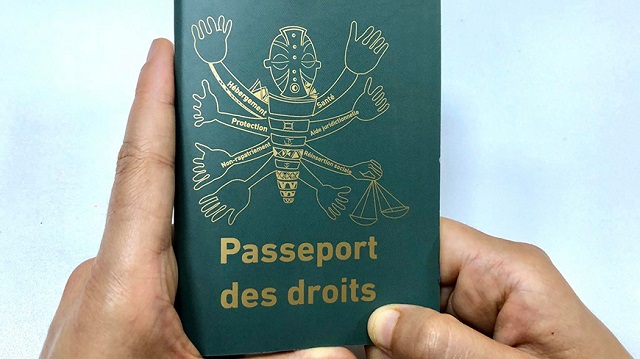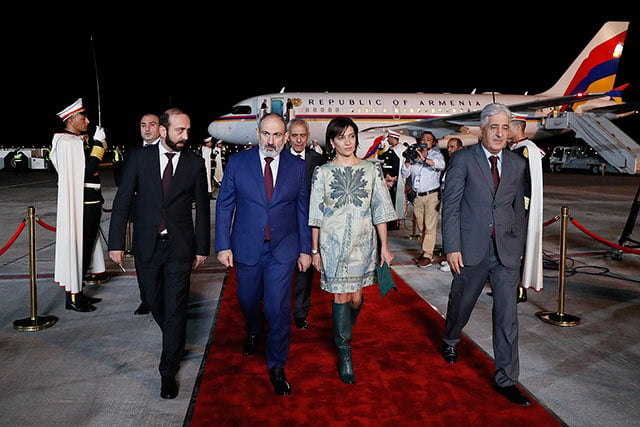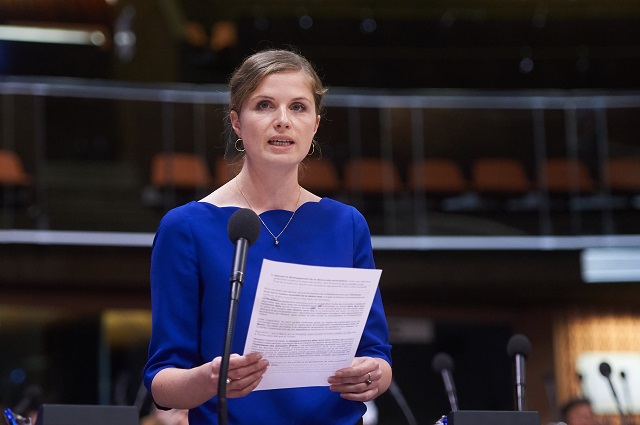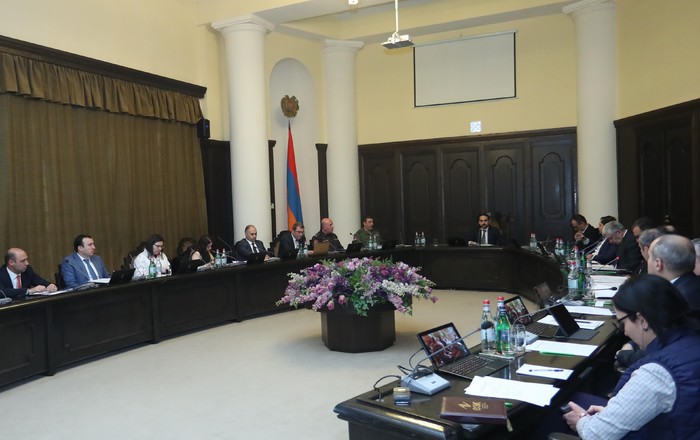A “passport” setting out the rights of human trafficking victims has been launched at the Council of Europe office in Tunis.
The same size and colour as a real Tunisian passport, the 66 page document contains detailed information on the rights of human trafficking victims, aimed at ensuring full understanding of victim support in the country.
Developed by a group of national experts with the support of the Council of Europe office in Tunisia, the launch of the passport – available in Arabic and French – also coincides with World Anti-Trafficking Day (30 July).
Council of Europe
























































